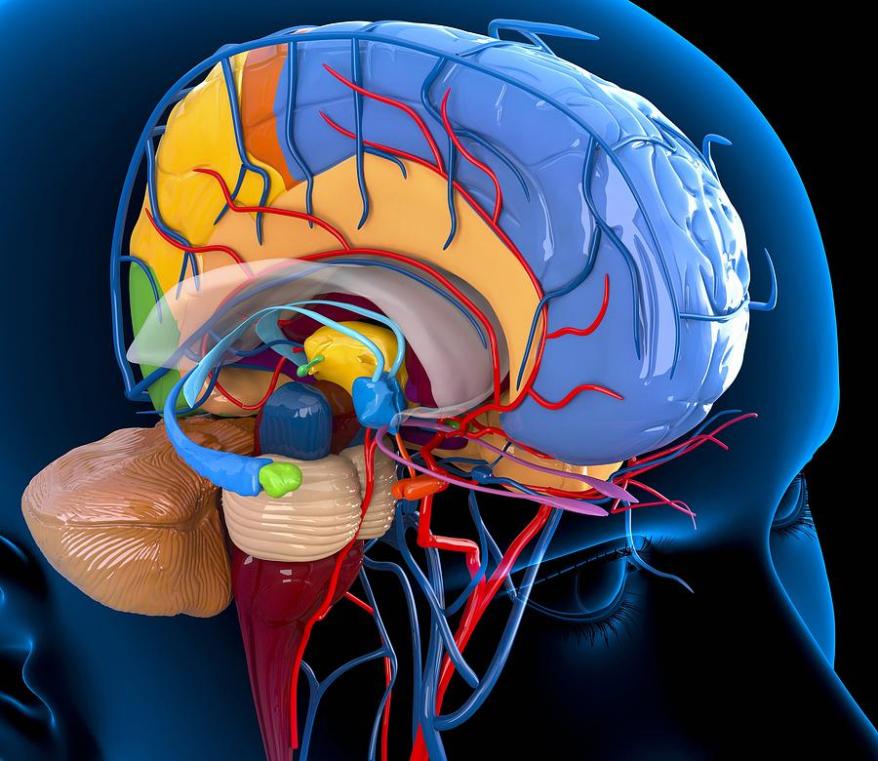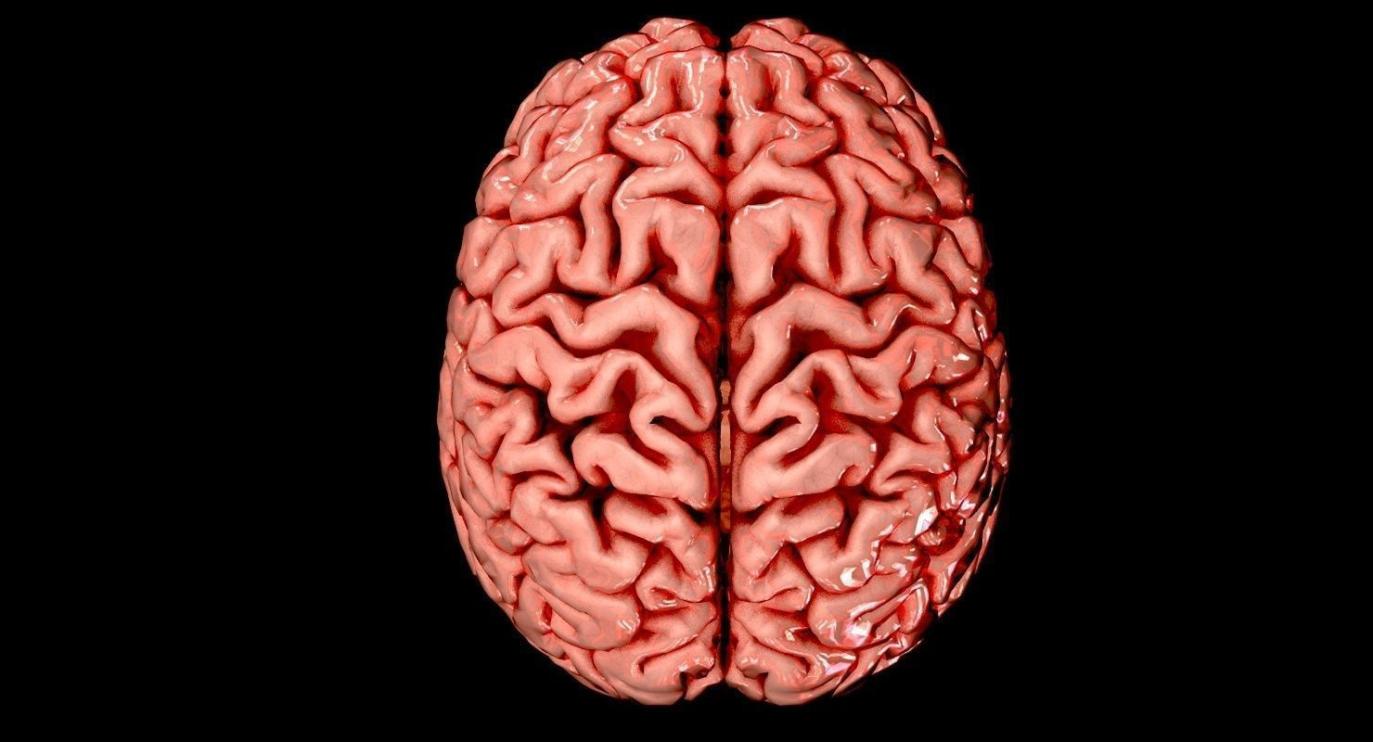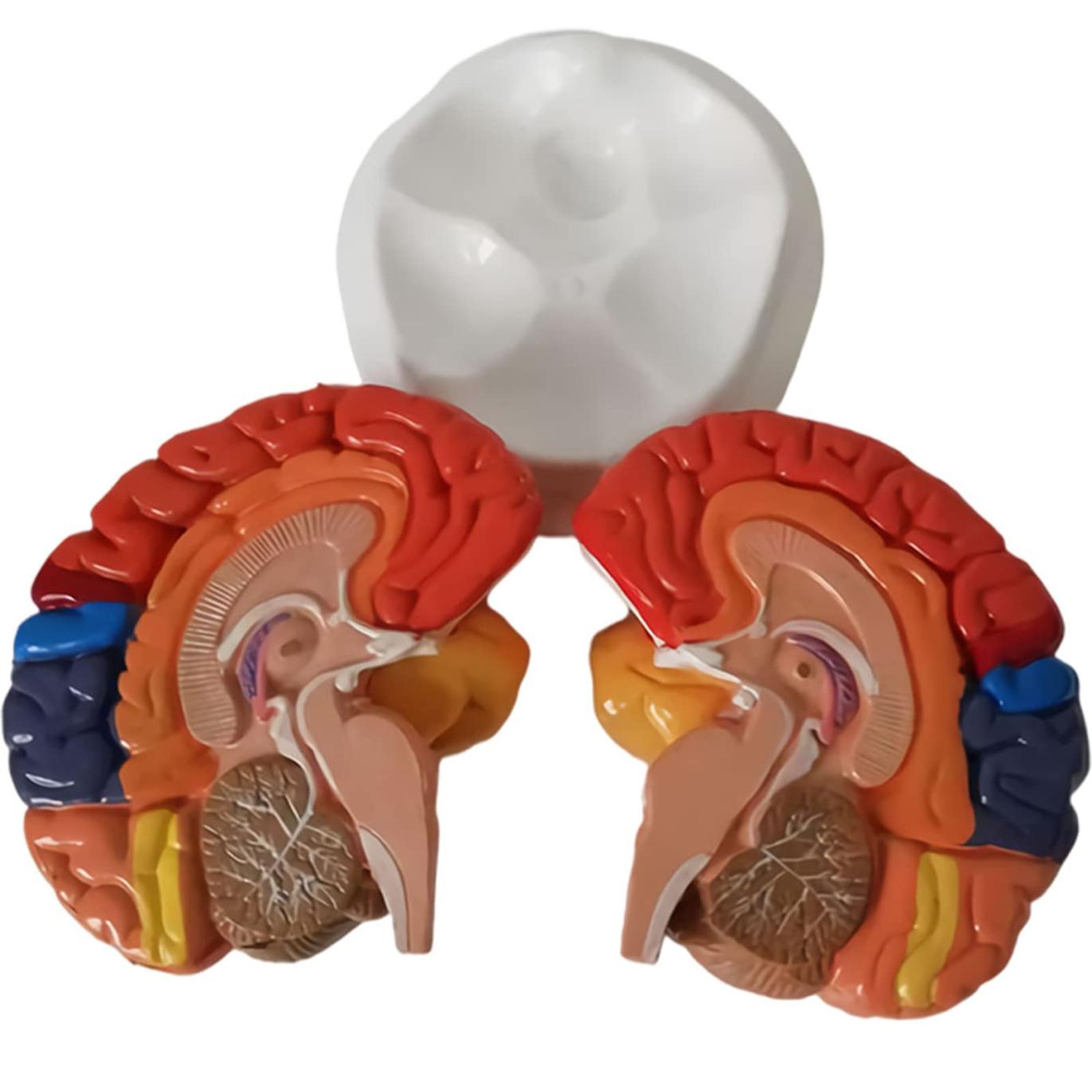What Are the Different Types of Brain Disorders and How Are They Treated?
Brain disorders are a diverse group of conditions that affect the brain's structure, function, or both. They can range from mild to severe and can have a significant impact on a person's life.

Prevalence And Impact Of Brain Disorders
Brain disorders are among the leading causes of disability worldwide. It is estimated that over 1 billion people worldwide live with a brain disorder. The impact of brain disorders can be devastating, leading to cognitive impairment, physical disabilities, and emotional distress.
Importance Of Early Diagnosis And Treatment
Early diagnosis and treatment of brain disorders are crucial for improving outcomes. The sooner a brain disorder is diagnosed and treated, the better the chances are for a successful outcome. Unfortunately, many brain disorders are difficult to diagnose and treat, and there is no cure for many of them.
Types Of Brain Disorders
Brain disorders can be classified into four main categories: neurodegenerative disorders, neurodevelopmental disorders, mental disorders, and brain injuries.
Neurodegenerative Disorders

Neurodegenerative disorders are characterized by the progressive loss of brain cells. This can lead to a decline in cognitive function, physical abilities, and emotional well-being. Some common neurodegenerative disorders include:
- Alzheimer's disease
- Parkinson's disease
- Huntington's disease
- Amyotrophic lateral sclerosis (ALS)
Neurodevelopmental Disorders
Neurodevelopmental disorders are characterized by problems with brain development that occur before birth or in early childhood. These disorders can affect a person's cognitive, social, and emotional development. Some common neurodevelopmental disorders include:
- Autism spectrum disorder (ASD)
- Attention deficit hyperactivity disorder (ADHD)
- Dyslexia
- Tourette syndrome
Mental Disorders

Mental disorders are characterized by disturbances in a person's thoughts, feelings, and behavior. These disorders can cause significant distress and impairment in a person's life. Some common mental disorders include:
- Schizophrenia
- Bipolar disorder
- Major depressive disorder
- Anxiety disorders
Brain Injuries
Brain injuries are caused by trauma to the brain. This can occur as a result of a fall, a car accident, or a sports injury. Brain injuries can range from mild to severe and can have a significant impact on a person's life. Some common types of brain injuries include:
- Traumatic brain injury (TBI)
- Stroke
- Brain tumors
- Infections
Treatment Options For Brain Disorders
The treatment of brain disorders depends on the type of disorder and the severity of the symptoms. There are a variety of treatment options available, including medications, psychotherapy, brain stimulation therapies, and surgical interventions.
Medications
Medications can be used to treat a variety of brain disorders. Some common types of medications used to treat brain disorders include:
- Antipsychotics
- Antidepressants
- Anticonvulsants
- Mood stabilizers
Psychotherapy
Psychotherapy is a type of talk therapy that can be used to treat a variety of brain disorders. Psychotherapy can help people to understand their disorder, develop coping mechanisms, and improve their relationships.
- Cognitive-behavioral therapy (CBT)
- Dialectical behavior therapy (DBT)
- Psychodynamic therapy
- Family therapy
Brain Stimulation Therapies
Brain stimulation therapies are a type of treatment that uses electrical or magnetic stimulation to change the activity of the brain. Some common types of brain stimulation therapies include:
- Transcranial magnetic stimulation (TMS)
- Electroconvulsive therapy (ECT)
- Deep brain stimulation (DBS)
Surgical Interventions
Surgical interventions may be necessary to treat some brain disorders. Some common types of surgical interventions used to treat brain disorders include:
- Brain tumor removal
- Aneurysm repair
- Epilepsy surgery
- Hydrocephalus surgery
Challenges In Treating Brain Disorders
There are a number of challenges in treating brain disorders. These challenges include:
- The complexity of the brain
- Lack of understanding of the causes of brain disorders
- Limited efficacy of current treatments
- Stigma associated with brain disorders
Brain disorders are a major public health concern. They can have a devastating impact on a person's life. There is a need for increased research and funding to develop new and more effective treatments for brain disorders. Early diagnosis and treatment are crucial for improving outcomes. With early intervention, many people with brain disorders can live full and productive lives.
YesNo

Leave a Reply